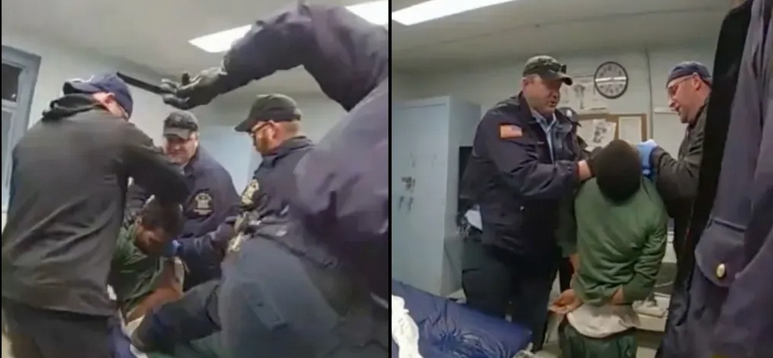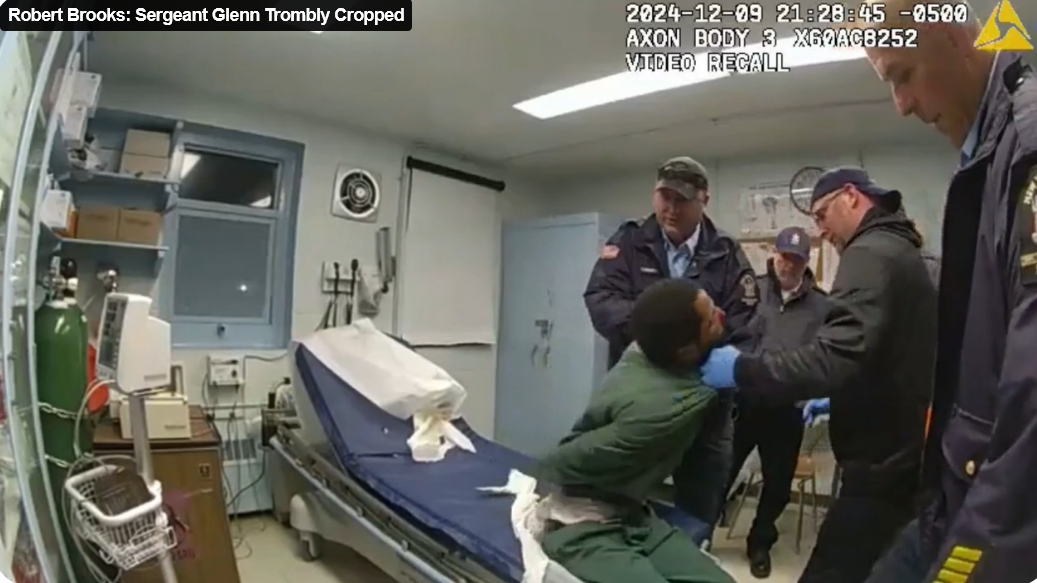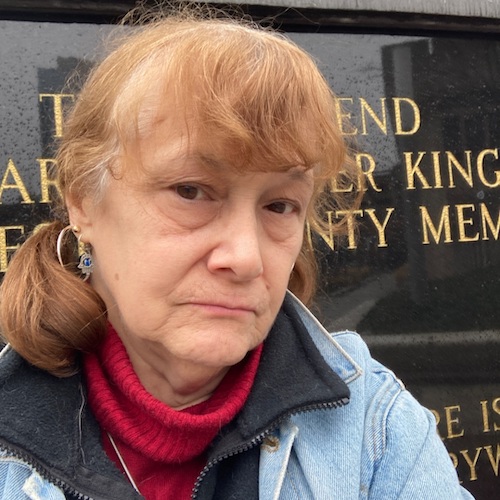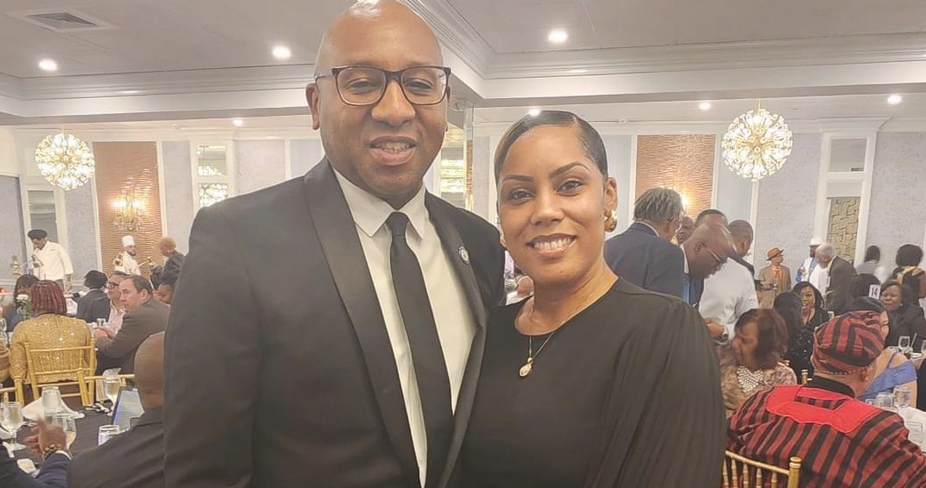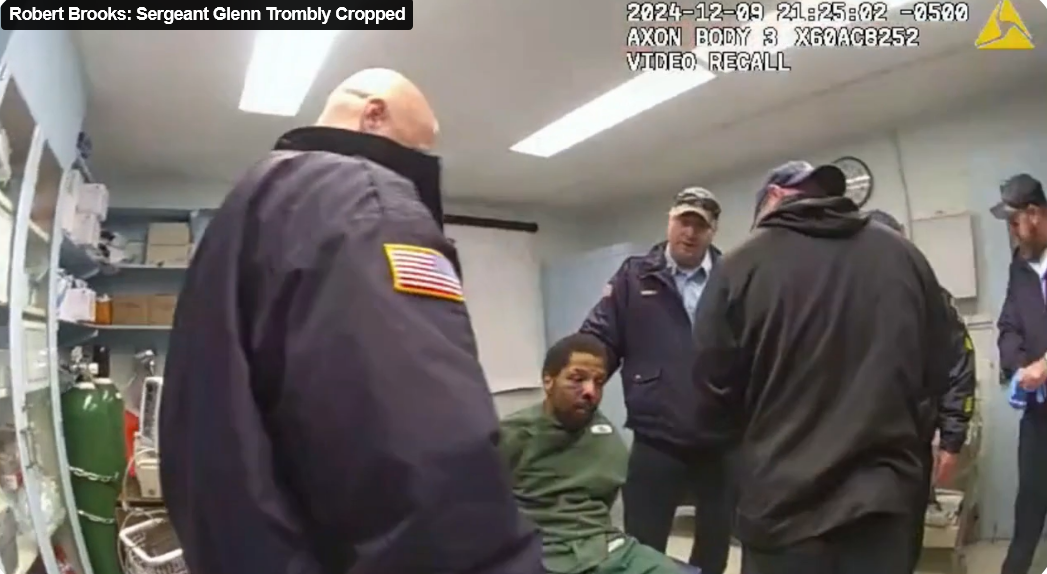[Education: Op-Ed]
The Coalition of faculty and students that ousted Dr. Pollard call for interim leader
CUNY called a hasty Town Hall meeting at Medgar Evers College on Wednesday, March 6th, to gather faculty, students and staff to discuss the characteristics needed for the selection of a new president to lead the College.
Dr. William Pollard tendered his resignation as of January 30th, but for CUNY purposes, he now presides as the unofficial interim president. Against much protest, he remains at Medgars Evers.
This search process for a successor to President Pollard is being led by Trustee Valerie Beal. Board Vice Chairperson Philip A. Berry, Trustee Freida Foster, Trustee Rita DiMartino, Trustee Charles Shorter, Trustee Kathleen Pesile, and Trustee Wellington Chen joined her at the Town Hall. High-ranking Vice Chancellor Jay Hershenson was also in attendance.
At the Town Hall, what the Board of Trustees intended as a perfunctory campus visit turned into a rude awakening. Trustee Beal endeavored to set the tone for the meeting with strict instructions for the audience to curtail its remarks to defining “success” within the scope of this presidential search. But every attempt by Trustee Beal to steer students away from talks about an interim president met a rowdy resistance.
Students, faculty, too, were of a different mind. They came armed with their grievances about why Medgar Evers was being discriminated against by CUNY in not receiving the appointment of an interim president, like any other CUNY college. When the presidents of Baruch and College of Staten Island Colleges of CUNY stepped down, an interim president was immediately named to permit the College to spend the year going through a comprehensive and nation-wide search.
Chancellor Matthew Goldstein has left Dr. Pollard here, and given the presidential search process 60 days. When it comes to Medgar Evers, the CUNY Chancellery has consistently applied a double standard.
The infrastructure of the College is at a precipice. Meetings are being canceled right and left because the college community refuses to acknowledge Pollard’s authority.
Pollard refers all governing questions to him to the CUNY Chancellery; that is documented.
The accreditation process is in a mess. No timeline has been presented of how the College will remedy the failed standards. The Chancellor has appointed a CUNY team but nothing has resulted. From the faculty perspective, CUNY is going to let Medgar Evers fail this accreditation process.
Although Chancellor Goldstein has appointed an interim provost, she hides in her office, having never been a provost at a historically black college.
While Medgar Evers is meant to fail in its civil right mission to the Central Brooklyn community, Chancellor Goldstein and the Board of Trustees (BOT) are allowing Pollard to continue to dole out early tenure to his cronies and pay raises to ineffective administrators. Job searches to reward Pollard’s administrative friends have yet to be called off, given that his resignation has been tendered.
During the meeting, Trustee Beal bristled from the testy tone of the students, especially when they questioned her commitment to the education of students of African descent. Student leader Evangeline Byars divulged a conversation that she had had with Trustee Beal who was emphatic that the “student profile” of Medgar Evers had to “change.”
It was unclear whether Trustee Beale was actually hinting at a shift in racial profile, which would, in effect, diminish, if not exclude, the Central Brooklyn population Medgar Evers has educated for over 42 years. However, unintended though it might be, a different kind of racial profiling has become the norm for the City University, and the code words of “increased standards” further bar students of color from access to CUNY’s senior colleges.
Some of what Trustee Beal said at the meeting focused upon the declining retention and graduation rates at Medgar Evers College. Such statistics data, in her opinion, license CUNY to take a heavy hand in changing the student profile, ultimately the student population—as opposed to better resourcing an institution committed to educating students who have been underserved in the New York School system. No matter how unaware, Trustee Beal came to Medgar Evers pushing that classic argument of “blaming the victim.”
In U.S. society, blaming the victim has been exploited most adroitly in justifying institutional racism and the inequities that assail people of color. In this case, Medgar Evers is being blamed for declining retention and graduation rates by CUNY, without accountability as to how institutional decisions have been made to underserve the core student population of Medgar Evers College.
For years, CUNY Hall funded Medgar Evers at the community college level rather than as a full-fledged, four-year senior institution. Without an equal “playing field” of resources, already the College was doomed to play each up with its CUNY sisters. When it was reported to CUNY of the deep cuts in student support services by the Pollard administration, CUNY did very little over the 3 and a half years of Dr. Pollard’s tenure to reprimand the administration. Did CUNY want our students to fail? Only the two Votes of No Confidence gave it any attention. Against the odds, the College has triumphed over the decades in graduating fine baccalaureate graduates. It is to be commended.
Furthermore, few know that CUNY Hall has tracked many of its academically underprepared students to the door of Medgar Evers, only to have them inform counselors in initial interviews that they are poised to transfer, once they have met the standards. Medgar was not their first choice; CUNY sent them here. Yet the College is blamed for slippage in retention and graduation rates. CUNY Hall would rather scapegoat Medgar Evers than admit to an unpleasant truth: CUNY Hall is failing students of color throughout the system.
Students queried the BOT as to why they should seek their input in a railroaded presidential search? Their suspicion was that CUNY already had a candidate in mind, given the brief turnaround time to search for a new president. June is the proposed date of appointment. The audience had little tolerance for a token process meant to quiet students down and enable the BOT to say that the college community had been consulted. Students, faculty and staff rejected the jaded olive branch to demand an interim President now.
“Can’t fight CUNY Hall?” The students, faculty and staff of Medgar Evers College are determined to fight for their rights.
